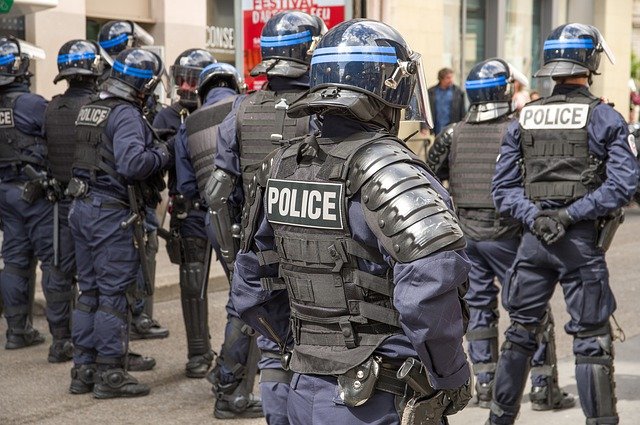
State authorities can resort to security forces to exercise social control.
The French word contrôle came to our language as control . The notion can refer, depending on the context, to supervise, verify, regulate or dominate.
The adjective social , meanwhile, refers to that linked to society. A group of individuals who live in the same territory, respecting common rules, is called a society.
With these ideas clear, we can move forward with the definition of social control . This is the name given to the set of mechanisms, practices and values that aim to preserve order within a society .
What is social control
Social control includes the use of force by the State , but also symbolic and non-violent methods . Therefore, it goes beyond coercion.
It is important to indicate that the State has a monopoly on the use of force: only institutions and officials endorsed by the Constitution are authorized to resort to violence to impose order. For this reason, constitutional authorities have legal powers to appeal, within certain limits, to repression and thus exercise social control.
In social control, however, non-state interventions are also contemplated. The media, religious institutions and customs are part of the mechanism that, in multiple ways, contributes to maintaining peace and favors harmonious relationships.

Social control is based on law: legal behaviors are those that are accepted or expected, unlike illegal ones.
The role of law
The law is the parameter that is taken as the basis for social control. It is understood that a government, democratically elected by the people, must develop social control to ensure that conduct with legal relevance is legal . At the same time, it must determine the means to prevent and punish illegal conduct.
It is possible to point out, on the other hand, that licit behaviors are those that are desired , while illicit behaviors are those that are unwanted. With social control, the aim is for the population to develop within the framework of an appropriate context and, respecting individual freedoms, to promote development and well-being .
Social control and consensus
Regardless of the coercive power of the State, social control requires consensus . Citizens accept this control considering that it is necessary for coexistence.
This acceptance is built in multiple ways. Culture plays a very important role since it affects what is accepted as valid and what is socially condemned. At this point we must take into account the relevance of morals, traditions, prejudices and other factors.
In this framework, also, social control is not only negative or repressive: it can also work with positive stimuli . In this way, subjects who are classified as valuable or useful to the community are recognized.
When there is no consensus, social control becomes impossible. The lack of respect for authority, the non-acceptance of rules and the absence of consideration for others threaten the integrity of the social fabric. This situation causes chaos to reign in public spaces, in addition to generating malfunctions in institutional structures.
